What Are Common English Phrases?
Common English phrases contain a group of words that work together to express a particular meaning. Unlike a single word, which often has a specific definition, a phrase conveys a broader message and is commonly used in conversation.
Example of a phrase: How’s it going? – A casual way to ask someone how they are doing.
Learning English phrases is essential for making conversations more fluid and natural. It helps you sound more like a native speaker and improves your ability to understand others in everyday communication. Plus, it’s easier to remember phrases than to memorize long sentences!
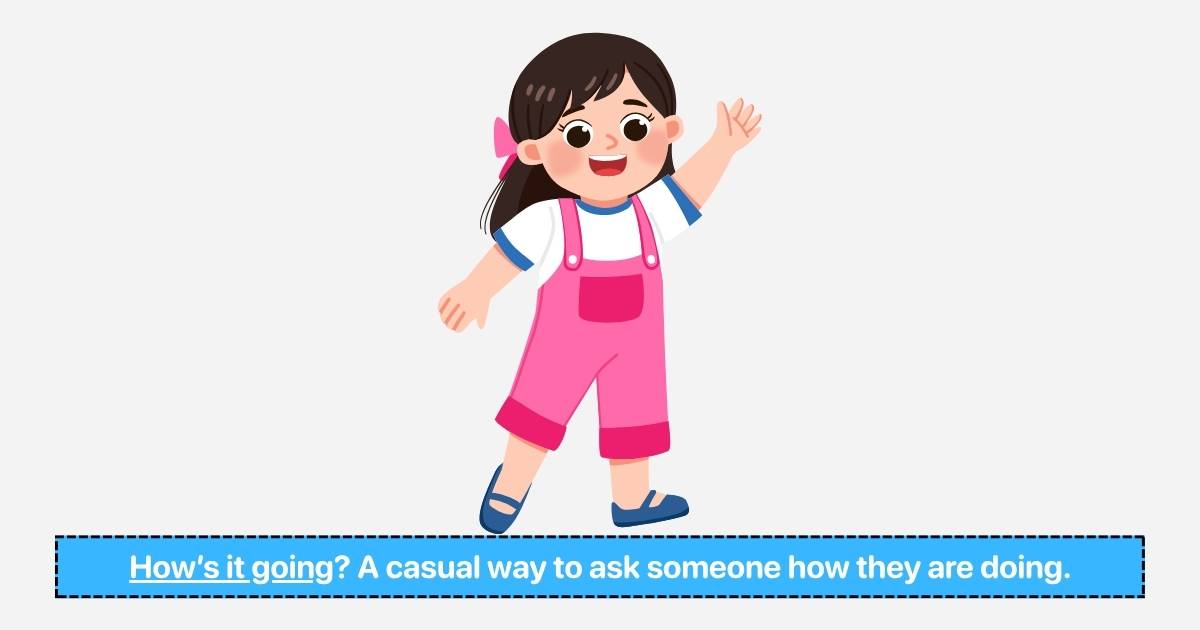
See also: Top 100 Most Common Words in English Language for Beginners
Common English Phrases for Daily Communication
Now that we understand what English phrases are, let’s look at some of the most useful ones for everyday conversations. These phrases are perfect for a variety of situations, from greetings to asking for help, and more.
Greetings and Introductions
Here are some common English phrases used when meeting someone or greeting them:
| Phrases | Meaning | Example |
| How’s it going? | A casual way to ask someone how they are. | Hey, how’s it going? |
| Nice to meet you. | A polite greeting when meeting someone for the first time. | Hi, I’m Sarah. Nice to meet you! |
| What’s up? | A casual greeting, asking what someone is doing or how they are. | Hey, what’s up? |
| How have you been? | Asking how someone has been since you last met. | It’s been a while! How have you been? |
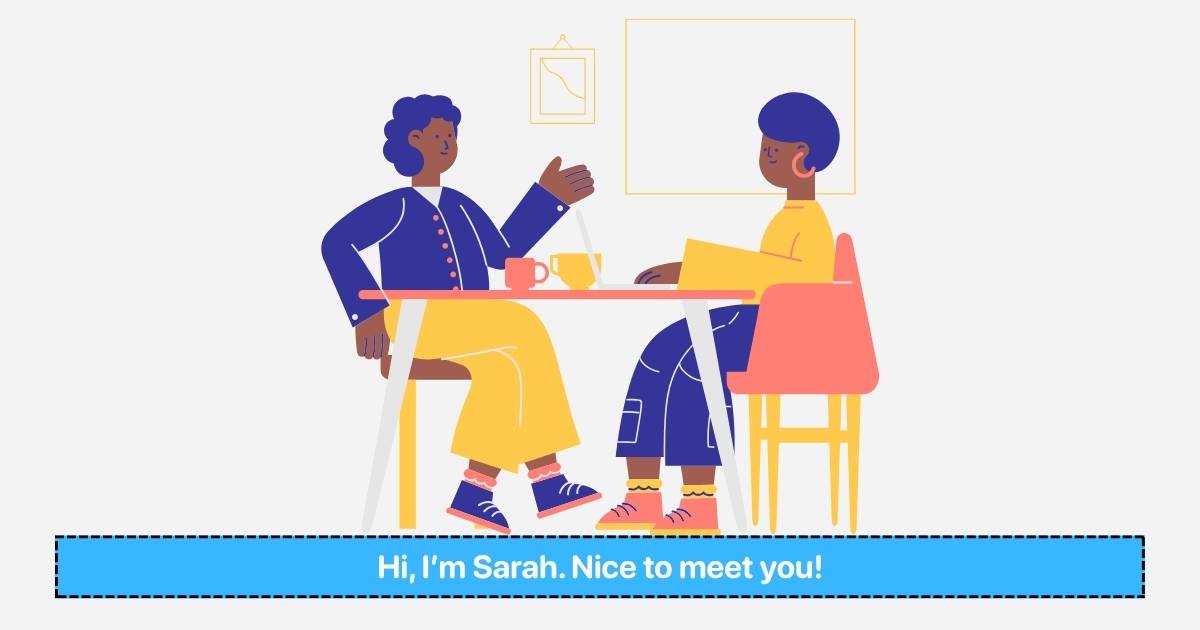
Asking for Help and Clarification
These common English phrases are useful when you need assistance or want to clarify something.
| Phrases | Meaning | Example |
| Could you help me? | Asking someone for assistance. | Could you help me with this problem? |
| I don’t understand. | Asking for clarification if something is unclear. | Sorry, I don’t understand. Could you explain again? |
| Can you repeat that? | Asking someone to repeat what they said. | Can you repeat that? I didn’t catch it. |
| What do you mean? | Asking for clarification on something. | What do you mean by that? |
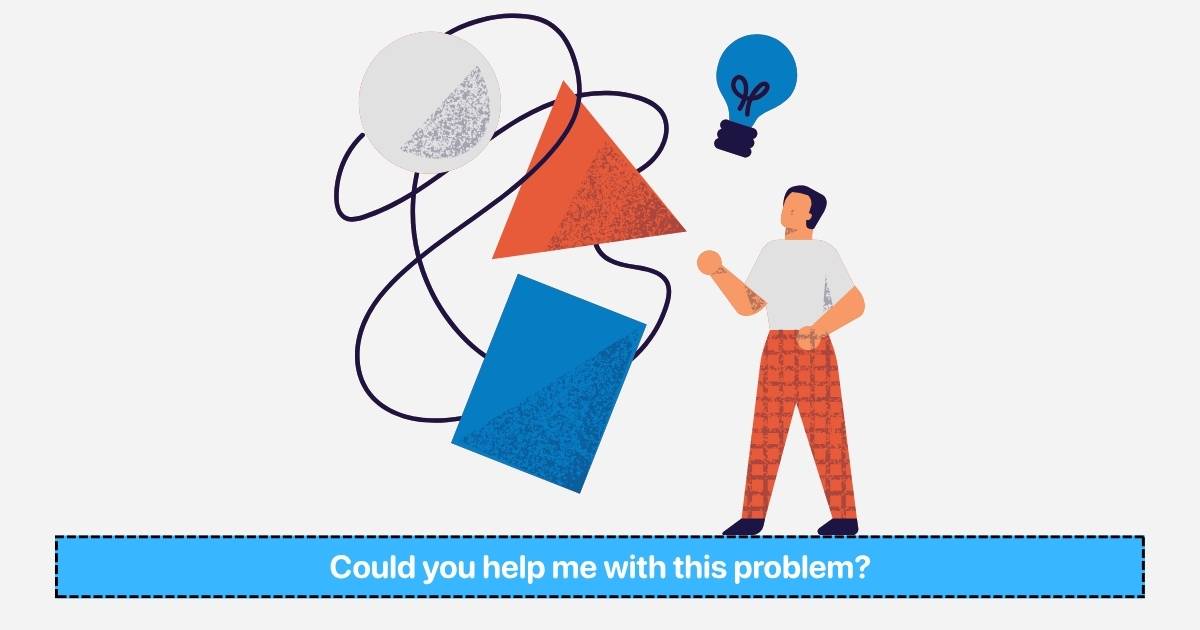
Making Requests and Offers
These phrases are helpful when you want to ask for something or offer help.
| Phrases | Meaning | Example |
| Can I have…? | A polite way to request something. | Can I have a glass of water, please? |
| Would you like…? | A polite way to offer something. | Would you like some coffee? |
| Could you please…? | A polite way to ask someone to do something. | Could you please send me the report? |
| I can help you with that. | Offering assistance to someone. | I can help you with that if you want. |
Expressing Opinions and Feelings
These phrases help you communicate how you feel or what you think about something.
| Phrases | Meaning | Example |
| I think that… | Expressing your opinion about something. | I think that movie was great! |
| In my opinion… | Giving your personal perspective on a matter. | In my opinion, we should try a different approach. |
| I feel that… | Expressing your emotions or feelings. | I feel that this project could be improved. |
| I agree with you. | Saying you share the same opinion as someone. | I agree with you, that’s a good idea! |
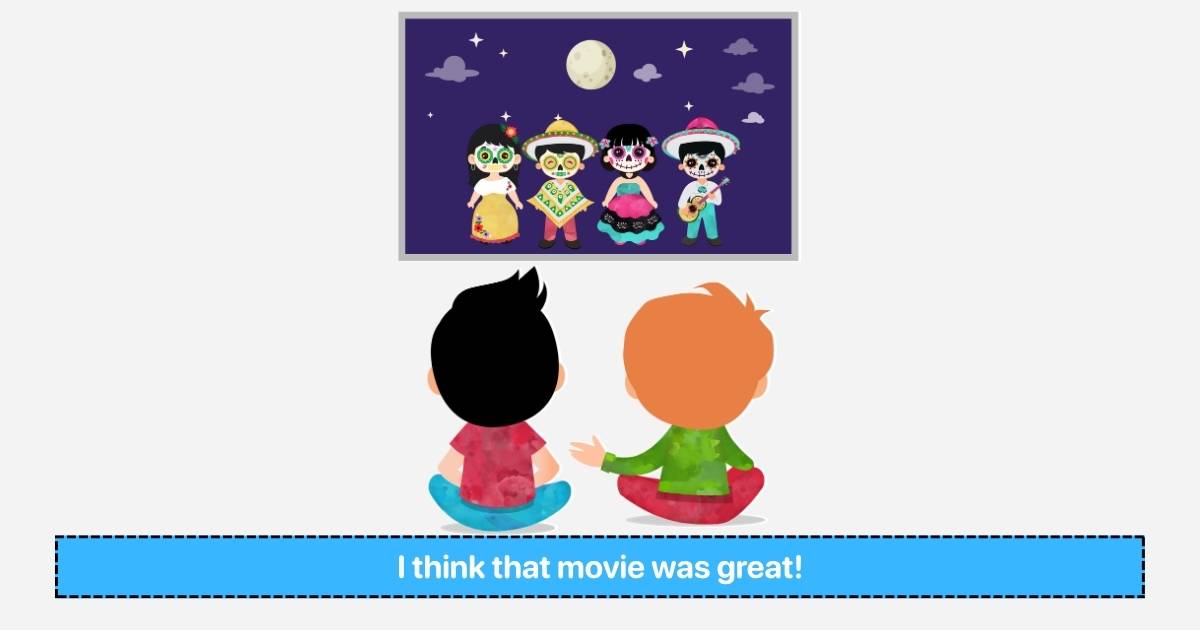
Agreeing and Disagreeing
These are common phrases for expressing agreement or disagreement.
| Phrases | Meaning | Example |
| I agree. | Saying that you share the same opinion. | I agree, it’s a great plan! |
| That’s true. | Confirming something is correct or accurate. | That’s true, I didn’t think of that! |
| I don’t think so. | Politely disagreeing with something. | I don’t think so, I believe it could be better. |
| I disagree. | Directly stating you don’t agree. | I disagree with your suggestion. |
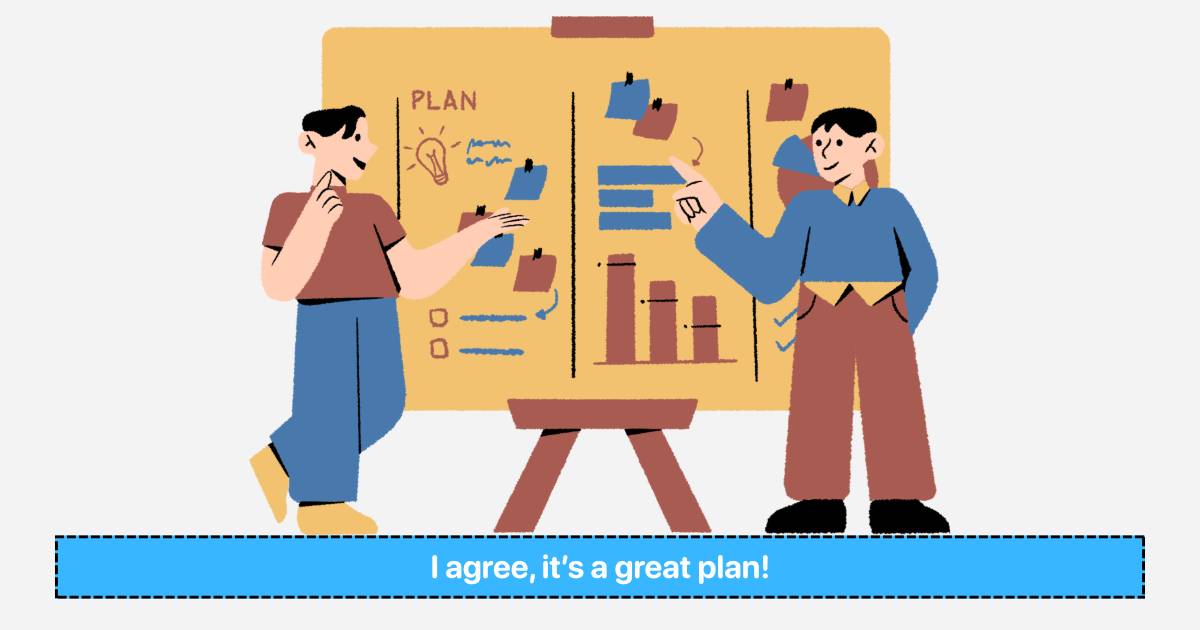
Read more: Common English Travel Phrases for Tourists
Everyday Social English
These phrases are helpful in daily, casual conversations.
| Phrases | Meaning | Example |
| Take care. | A friendly way to say goodbye. | It was nice seeing you! Take care! |
| How’s everything? | Asking how things are going. | Hey, how’s everything going? |
| See you later. | A casual way to say goodbye. | See you later, take care! |
| Catch you later. | Another informal way of saying goodbye. | Catch you later, have a good day! |
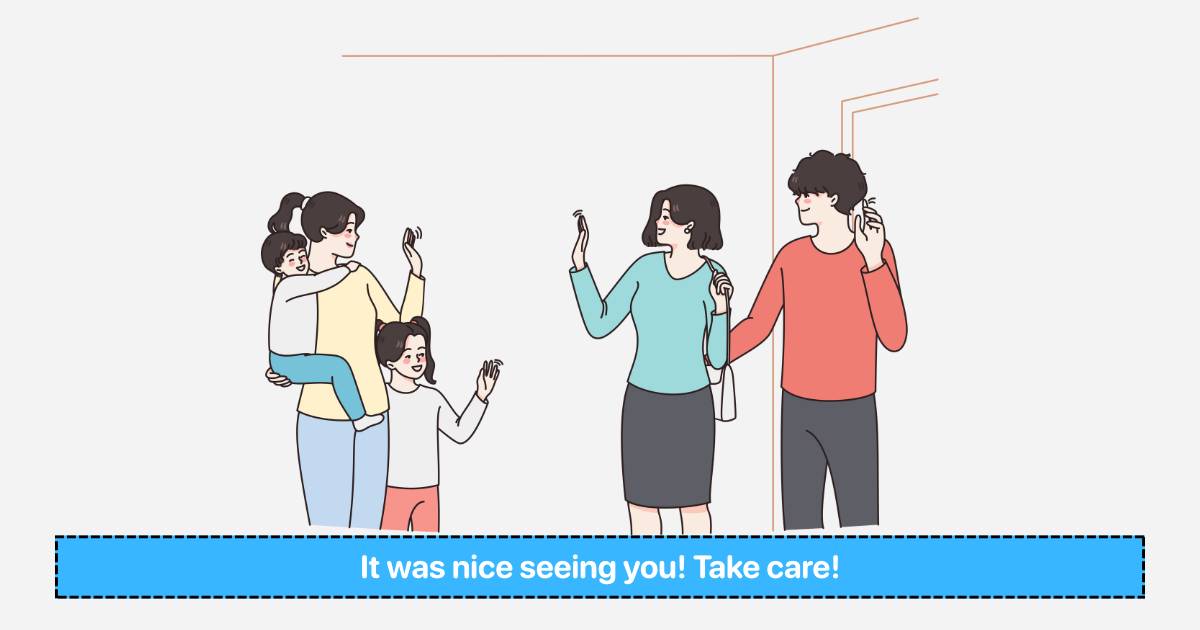
Phrases for Travel and Shopping
These phrases are useful when traveling or shopping.
| Phrases | Meaning | Example |
| How much is this? | Asking for the price of something. | How much is this shirt? |
| Where is the nearest…? | Asking for the location of something. | Where is the nearest bus station? |
| I’m just browsing. | Saying you are looking without buying. | I’m just browsing, thank you. |
| Can I try this on? | Asking if you can fit something on. | Can I try these shoes on? |
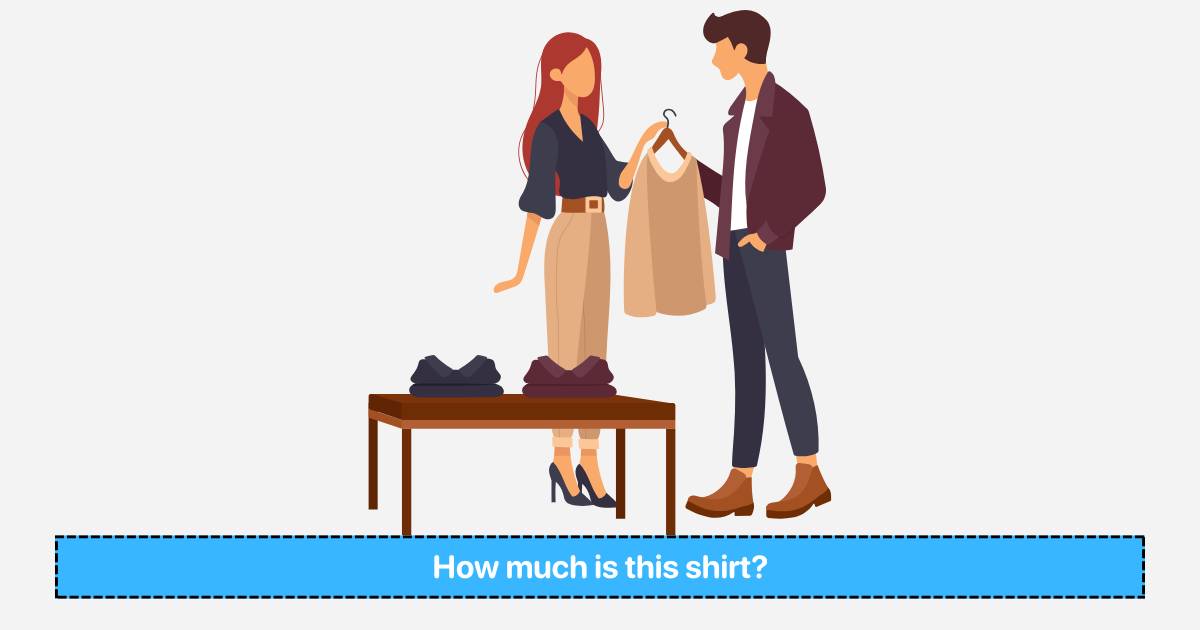
See also: 70+ Slang Words in English You’ll Hear Everywhere
How to Learn and Use Phrases Correctly
To use common English phrases correctly, here are some tips:
- Learn phrases in context: Try to understand and use phrases in actual situations rather than just memorizing them.
- Practice speaking regularly: The more you practice, the more natural it will feel to use these phrases.
- Use them in the right situations: Be mindful of the context in which you use a phrase. Some phrases are formal, while others are informal.
- Listen to native speakers: Observe how native speakers use these phrases in real-life conversations.
Read more: How to Learn English Fast: 13 Proven Tips for Quick Results
By practicing these techniques, you’ll be able to use common English phrases confidently in everyday communication. Don’t forget to check out GuruLango Blog for more helpful learning materials and resources to improve your English skills!